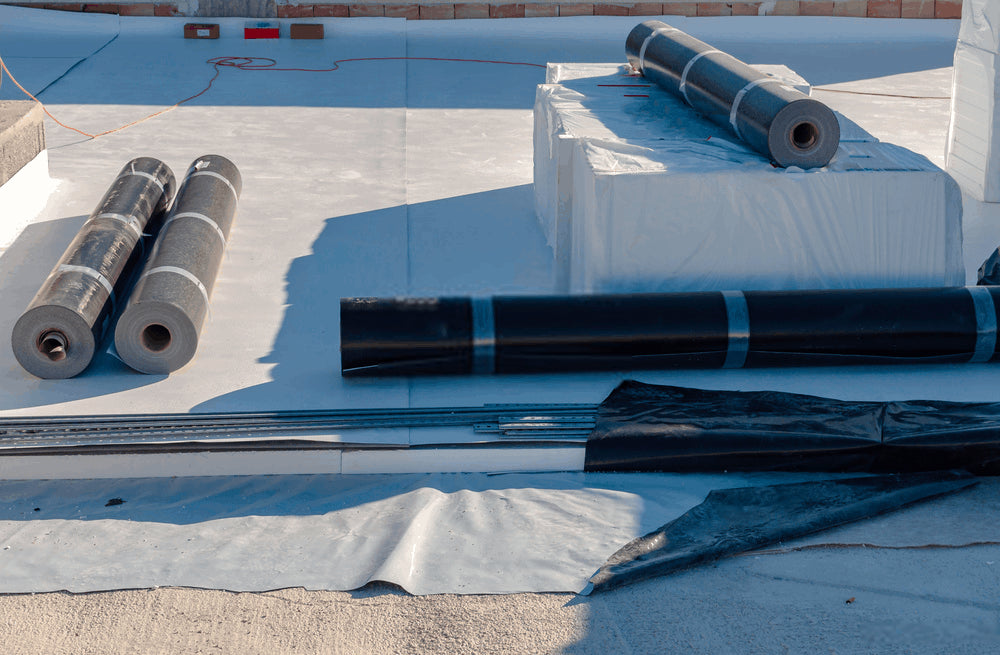Your Cart is Empty
Place an order by 10am for next business day delivery Sydney Metro. *Call 1300 557 973 for all other areas.
Place an order by 10am for next business day delivery Sydney Metro. *Call 1300 557 973 for all other areas.

Picture Sydney during mid-winter - the balmy air is crisp, and your home is, well it is leaking. This isn’t the picturesque image you were imagining right? We as humans rarely acknowledge the importance of the more intricate details until we have a home overgrown with mould or our flooring starts to move more than our feet. Below we break down the numerous types of waterproofing and the most efficient products to use to realistically achieve optimal effectiveness.
Waterproofing For Screed Or Concrete Floors
A material called bituminous coatings is used for waterproofing for concrete floors and screed. With the flexibility of usage as well as the cost-effectiveness, our top choice for projects such as these would be ARDEX WPM 300 which is a two-component, water-based epoxy polyamide. This is ideal as the membrane and barrier coating it adequately provides is ideal for damp or drying concrete as well as internal wet areas.
Under Tile Waterproofing
Moisture intrusion is one of the most destructive elements to a structure. With mould and rot growing in damp enclosed areas, not waterproofing underneath tiles may be a homeowner’s most grievous mistake. The first consideration when contemplating a product is where your tiles shall be placed, is it in a bathroom? Will it be for a balcony or area exposed to the elements? A kitchen? A dining room or bedroom? You might be asking yourself why this actually matters, tiles are tiles and waterproofing is waterproofing right?
If only it were that simple. Tiles that are more prone to the exposure of water such as the kitchen, bathroom and outside terrace or balcony will require a stronger waterproofing agent to ensure that your structure is fully protected. Our go-to full coverage (no ladies we’re not speaking about make-up, but it is the same principle) for areas that are prone to dampness would be ARDEX WPM 155 RAPID. The best part about this product is right in its name, RAPID! Being able to tile after just three-four hours ensures that your home DIY or professional renovation will be completed in just a day!
What Terminology Would I As A Consumer Need To Be Aware Of?
Building materials, in general, tend to be overwhelming, having us all glued to our devices doing a Google search to ensure we are not completely off the mark with the item we have chosen. Let’s start off with the ultimate basic, screed flooring. Screed is a coarse type of cement which is laid in preparation prior to waterproofing and tiling. It is often found under carpets and is strong and rough to allow for the adhesive to set. The second definition we shall elaborate on is a product widely used within waterproofing. Bitumen is a black sticky substance obtained from tar or petrol and is used in making roads. Bitumen is therefore pliable and durable, perfect for any waterproofing project!
If the terminology becomes overwhelming and the Google results yield pages of nonsensical information, why not call on the experts? Family treating others like family encompasses our philosophy. Based on Sydney’s Northern Beaches but providing services countrywide, near or far, no project is too big or too small. Contact us today to see how we can turn any project into a success.